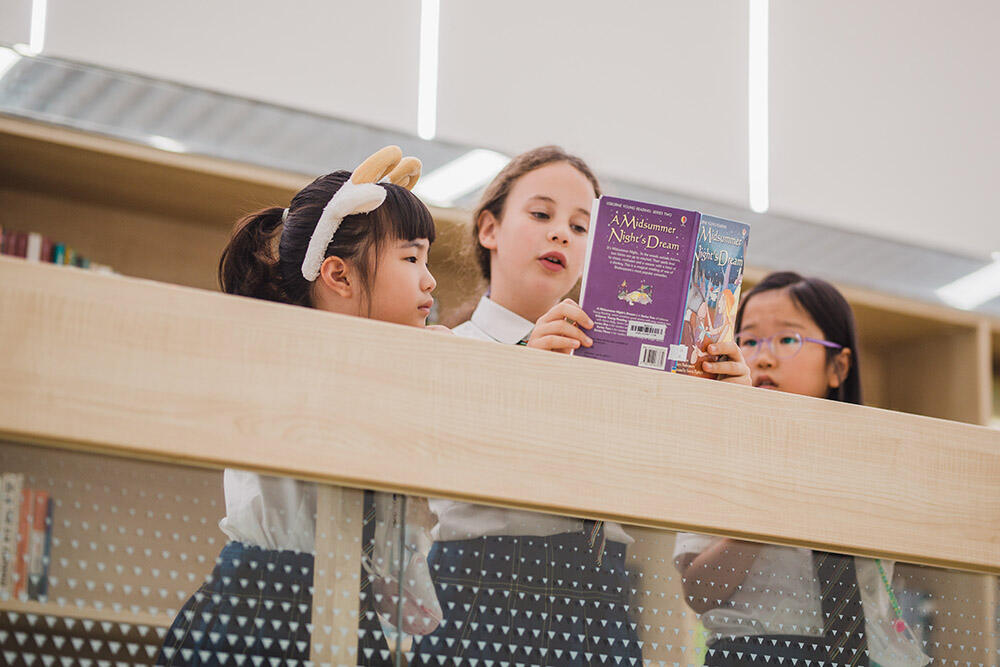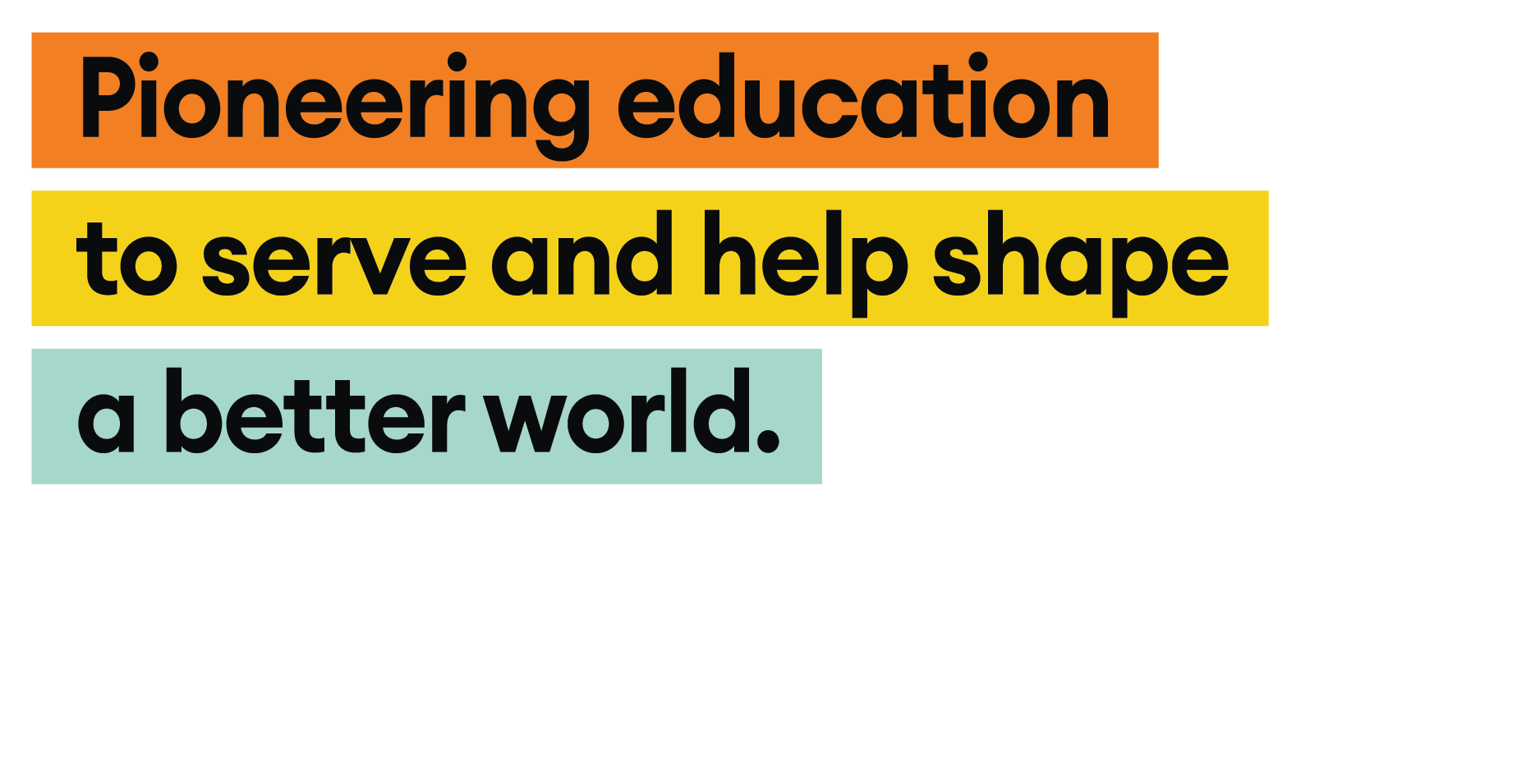Wellington's Wellbeing Education
Ms Emma Shi
Pupil Mentor
At Wellington College Tianjin, we understand the importance of pupils' mental health and wellbeing education. We incorporate a holistic approach to mental wellness, blending psychological services with tailored, age-appropriate wellbeing programmes. Our psychological services collaborate with external professionals and our campus wellbeing team. This initiative offers a variety of wellbeing and mental health services to pupils of all ages and the community, helping pupils strengthen their minds, enhance their mental resilience, and cope with various emotions, pressures, and an ever-changing world. ☛ Learn More
The "Worry-Dissolving Palette"
Towards the end of last November, we were honoured to invite Tingting, a U.S.-certified art therapist from Shanghai, to conduct two innovative art stress-relief workshops for our pupils in Years 12 and 13. In last academic year, we guided our examination-year pupils and teachers to visualise "emotions" through painting. This year, we introduced the "Worry-Dissolving Palette," a painting activity designed to alleviate stress. It helps pupils release pressure through artistic expression and discover their internal resources for dealing with stress.
One pupil initially said, "I don't know how I usually de-stress," but with the teacher's guidance, the pupil found their answer: "I like listening to music." This is the power of art therapy; it helps you explore your inner self and discover resources for self-healing.
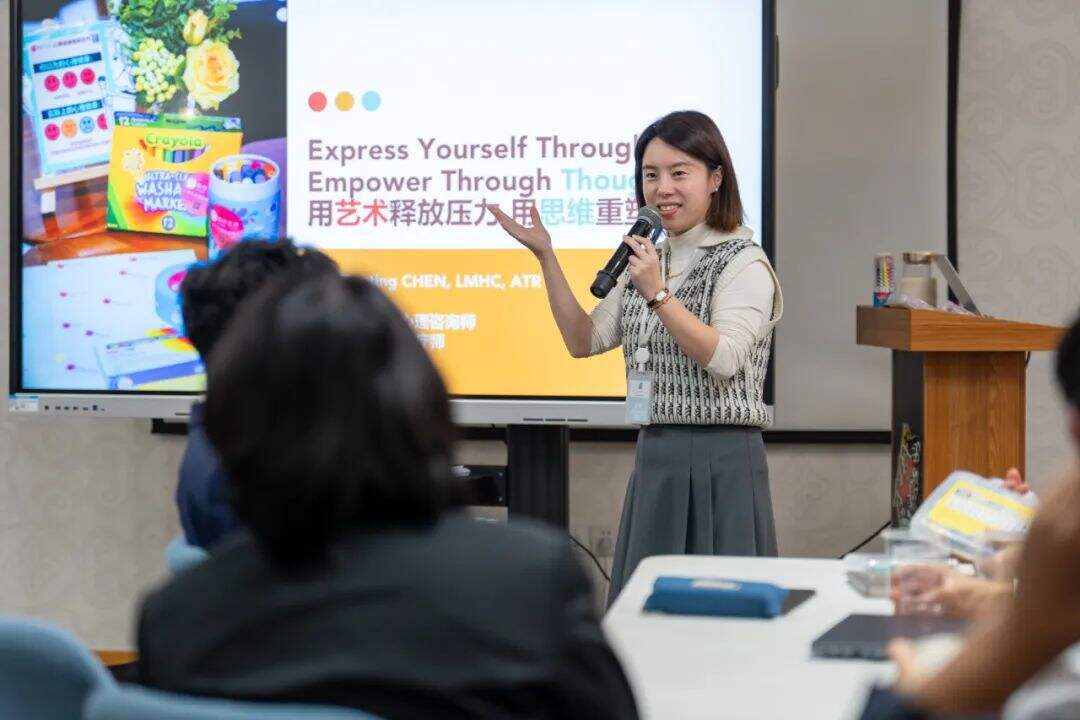
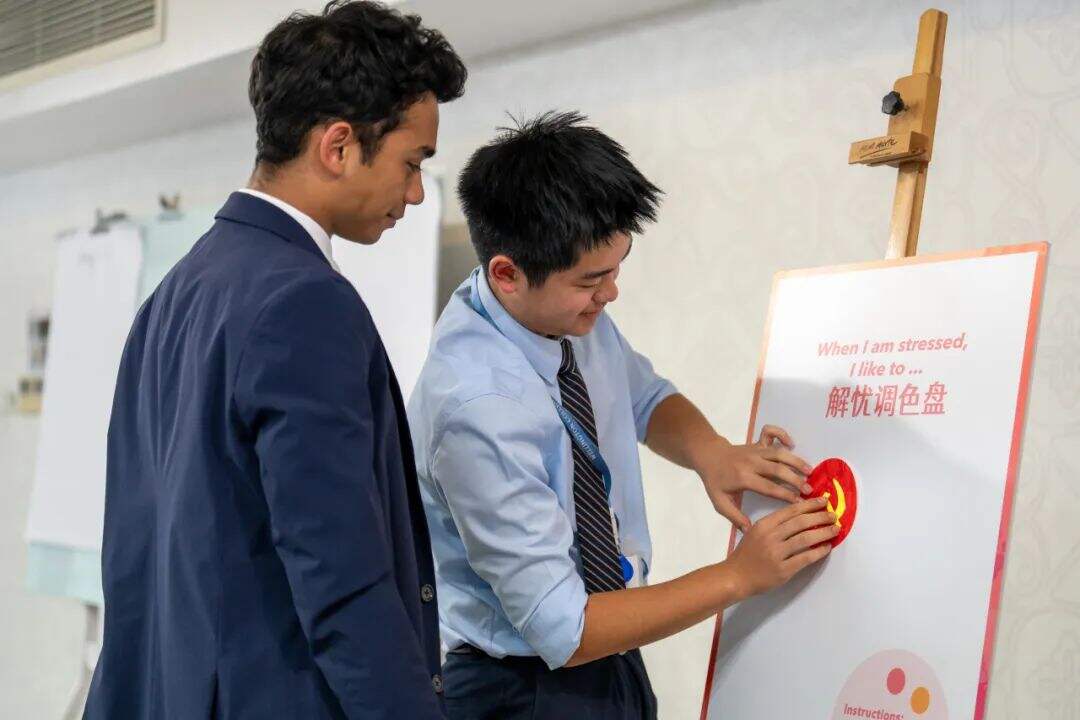
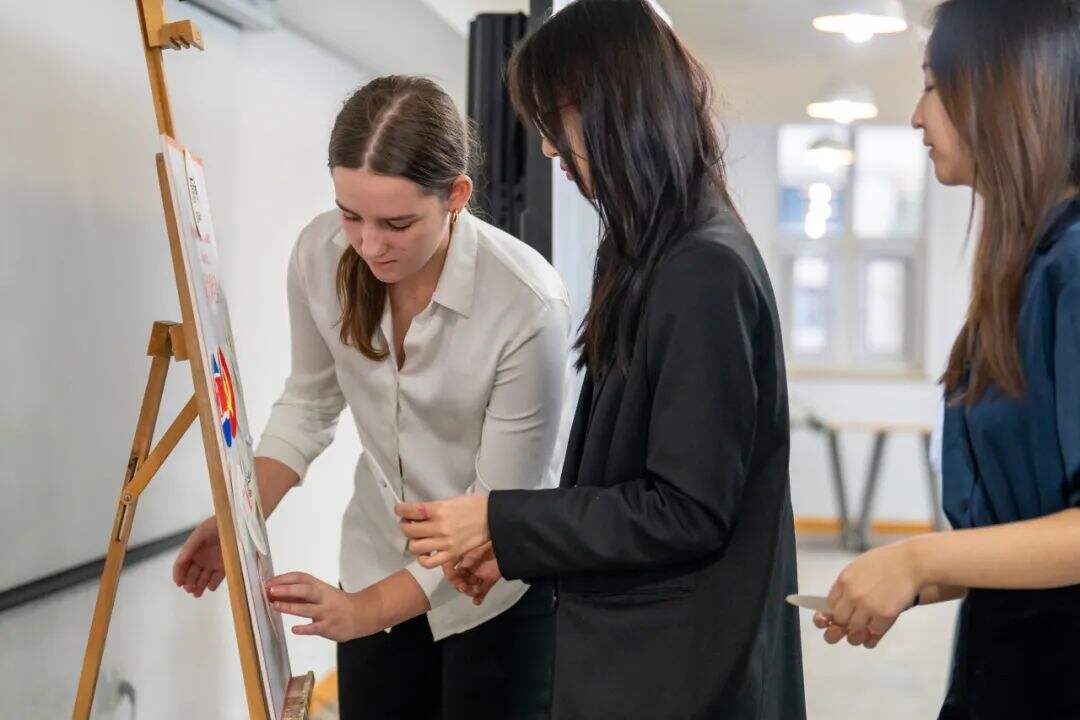
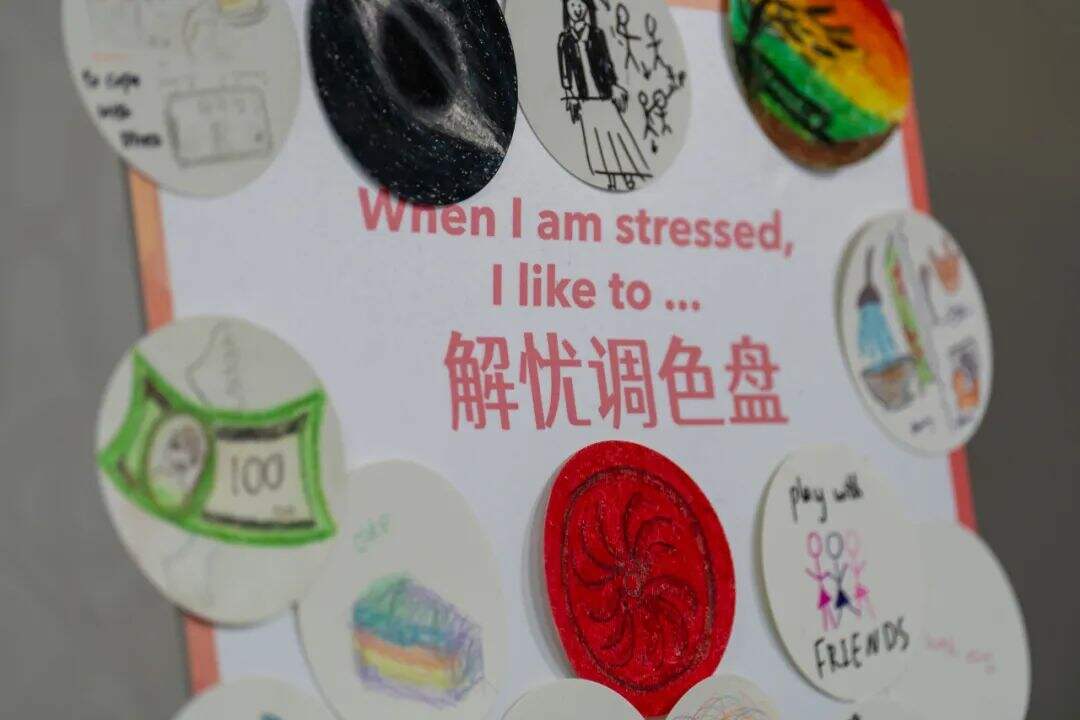
Creation Steps:
1
Recall an event that caused you stress.
2
How did you handle that stress at the time?
3
Illustrate the method that helped you "de-stress."
One pupil, after illustrating their stress through painting, shared, 'I felt a huge weight lifted off my shoulders.'
Let’s look at some of the pupils' de-stress tips: connecting with nature, being close to animals, exercising, reading, writing, listening to music, playing games, sleeping, stargazing, and feeling love... This activity has also been integrated into the wellbeing classes of other years, helping pupils manage emotions and stress.
Being the Observer of Your Thoughts
In our wellbeing curriculum, we include a mental health knowledge section alongside various hands-on activities. In a recent class, senior school pupils learned about what stress is, its causes, warning signs, the stress curve, how "cognitive-behavioural theory" in psychology explains stress, and how ordinary psychological mechanisms operate (the model of events, thoughts, feelings, and behaviours).

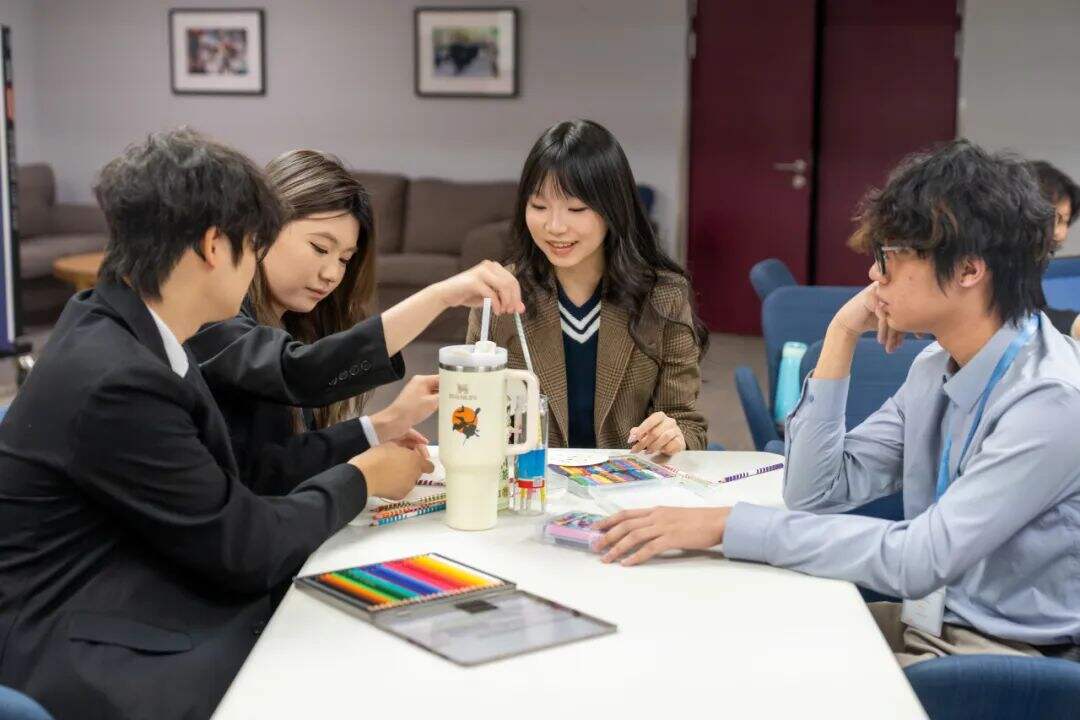
A "connect the dots" game helped them understand "cognitive distortions" like all-or-nothing thinking, overgeneralisation, self-blame, and emotional reasoning. Pupils realised that their thoughts, not the facts, often influence them. "Your thoughts do not define you; you are the observer of your thoughts." Focusing on what we can change and establishing self-care can greatly enhance our sense of wellbeing.
Restart "Mindfulness Superpower"
In the fast-paced modern life, we are often surrounded by fragmented information and drowned in the "noise" of our thoughts. What seems to be conscious and voluntary behaviour is, in fact, a series of uncontrolled activities that lead us to frequently neglect self-care. Mindfulness encourages us to focus on our awareness, understand our inner feelings, return to ourselves, and be present in the moment.
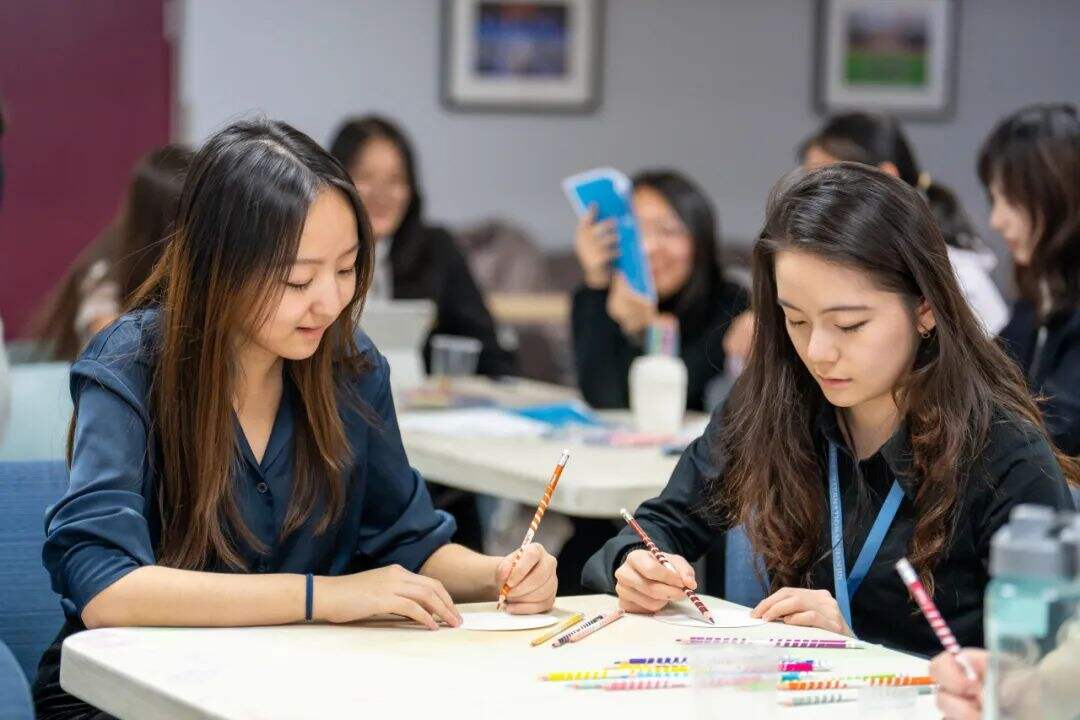
Dr Jon Kabat-Zinn, known as the "father of mindfulness-based stress reduction," defines "mindfulness" as paying purposeful, present, non-judgmental attention. Mindfulness is not only a way of life but also an attitude towards life; it is awareness, a capability as important as focus, critical thinking, logical analysis, creativity, and appreciation, yet it is easily overlooked by us. It is a "superpower" hidden within each of us.
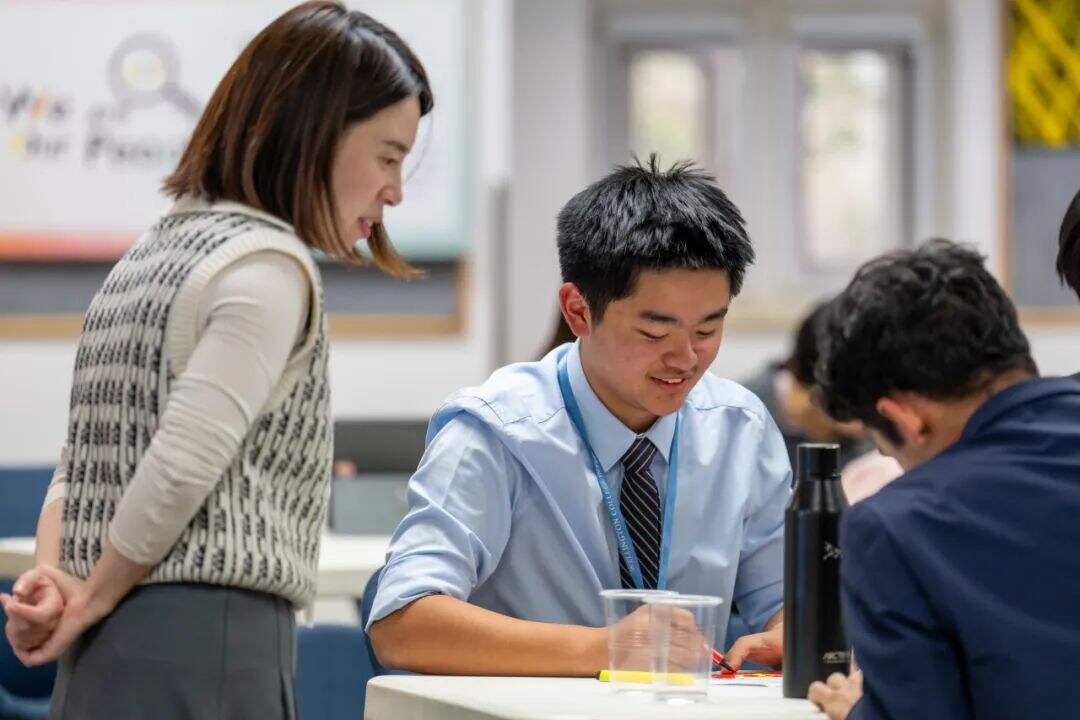

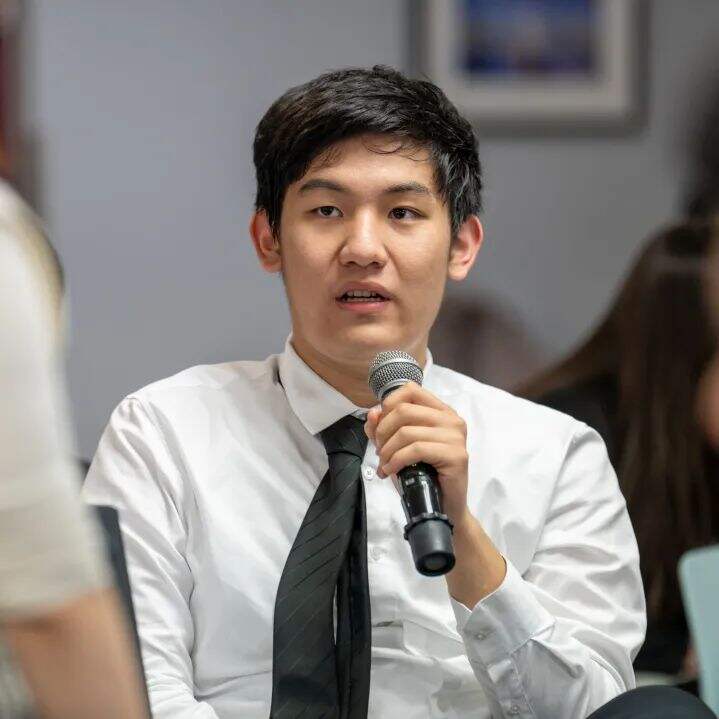


Mindfulness-based therapies benefit stress management and personal growth for adolescents and adults. We incorporate mindfulness exercises into our wellbeing curriculum, teaching techniques like the 4-second breathing method, five-finger breathing, and sensory training. These simple methods can be practised anywhere to help manage stress and anxiety. One senior pupil noted, "Practising breathing exercises helped me change my consciousness direction—like a hidden superpower."
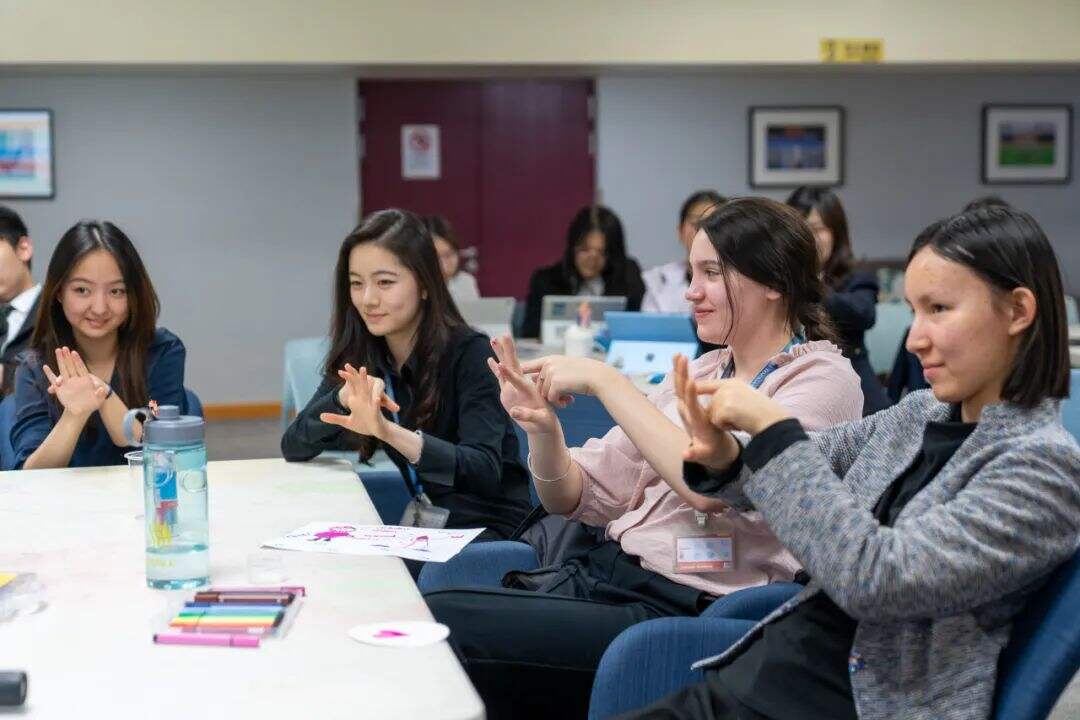
At Wellington, we focus not only on pupils' academic achievements but also on their overall wellbeing and happiness. Looking ahead, Wellington College Tianjin aims to integrate even more innovative wellbeing initiatives, continuously adapting to the evolving needs of our pupils. Through carefully designed courses and activities, we support pupils achieve comprehensive development in emotional, social, and psychological aspects, laying a solid foundation for their future happy lives.
Related Articles









 Channel
Channel 
 Linkedin
Linkedin  Facebook
Facebook  Ins
Ins 

